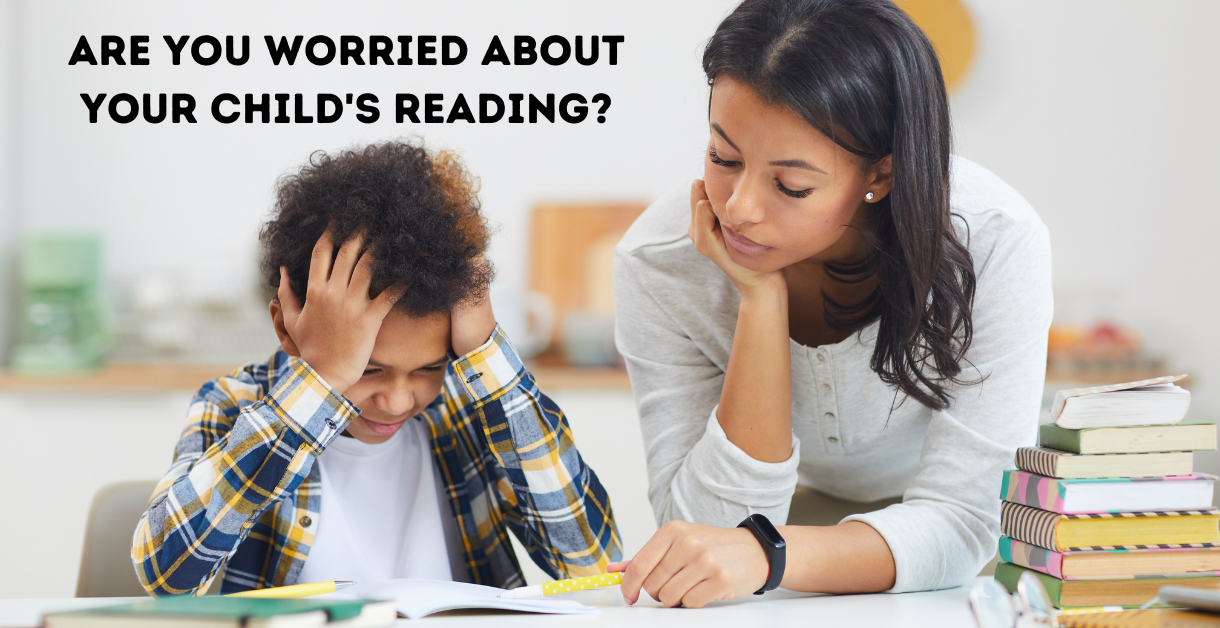Most children learn to read easily, with or without being taught. But around 20% of children struggle to learn to read, even with good instruction. As a homeschool parent it can be very hard to know what to do if your child is struggling with reading.
If you research how to teach reading there are two main methods recommended: Whole word reading, where children are taught to recognise each word, often using flashcards, and Orton Gillingham, or phonics, where you teach all the sounds in English and how to put them together to form words - e.g. blend g - oa - t to form goat.
I believe phonics is the best way to teach children to read, however by itself phonics is not enough. The main reason children struggle to use phonics to read is because they can’t hear that ‘goat’ contains three sounds. If you can’t hear that goat contains an O sound, it doesn’t matter how many times you teach your child that ‘oa’ is pronounced O.
This is a common problem. It’s due to the child having poor phonological awareness. Luckily this can be fixed by doing lots of phonological awareness activities. E.g. What sound does ‘goat’ start with. What word rhymes with ‘goat’. How do you turn ‘goat’ into ‘boat’. Dyslexia Gold’s Early Intervention Bundle and Dyslexia Gold’s Catch Up Intervention Bundle both contain activities to improve phonological awareness.

The second reason children struggle with reading is their eyes wobble when they read. This causes them to reverse b’s and d’s, skip words and lines, and struggle to understand what they’ve read. This is a very common problem and is due to weak eye muscles.
Luckily this can be fixed by vision therapy. Dyslexia Gold’s Early Intervention Bundle and Catch-up Intervention Bundle also contain an online vision therapy program which strengthens eye muscles so children can focus both eyes on the same letter and track across the page.

Dyslexia Gold is perfect for homeschooled children. It requires no prep or lesson planning by you. Placement tests automatically assign children to the correct starting level.
The online programs are suitable for all children aged 6-12, including those with dyslexia, autism and ADHD. It works best when children play it for half an hour every day.

The programs are multi-sensory, involving reading, writing, listening and speaking. Each lesson finishes with a poem for you to read together. The child reads the easy words in red, and you read the harder words in black.

Dyslexia Gold is used in over a thousand schools, and by thousands of parents. On average reading improves by twelve months if children play at least three times a week for three months.
You can find out more about our Early Intervention Bundle here.
And our Catch Up Intervention Bundle here.
Thank you to our guest blogger, Liz Sedley, from Literacy Gold for sharing with us this week.
![]()
Liz Sedley is the founder and CEO of Literacy Gold. Her passion for teaching children to read came from her daughter's struggle with Dyslexia 15 years ago. The knowledge she acquired while teaching her daughter to read, along with her expertise in computer programming, enabled her to create industry leading software programs which helps all children learn to read. She is recognized as an expert in her field and regularly speaks at conferences about dyslexia and how to help children learn to read. Dyslexia Gold is now used in over 1,000 schools, and by over 1,000 parents.
Looking for a great program to help your struggling reader? Save up to 70% on your Dyslexia Gold subscriptions here at the Homeschool Buyers Club until 5/30/2024!


